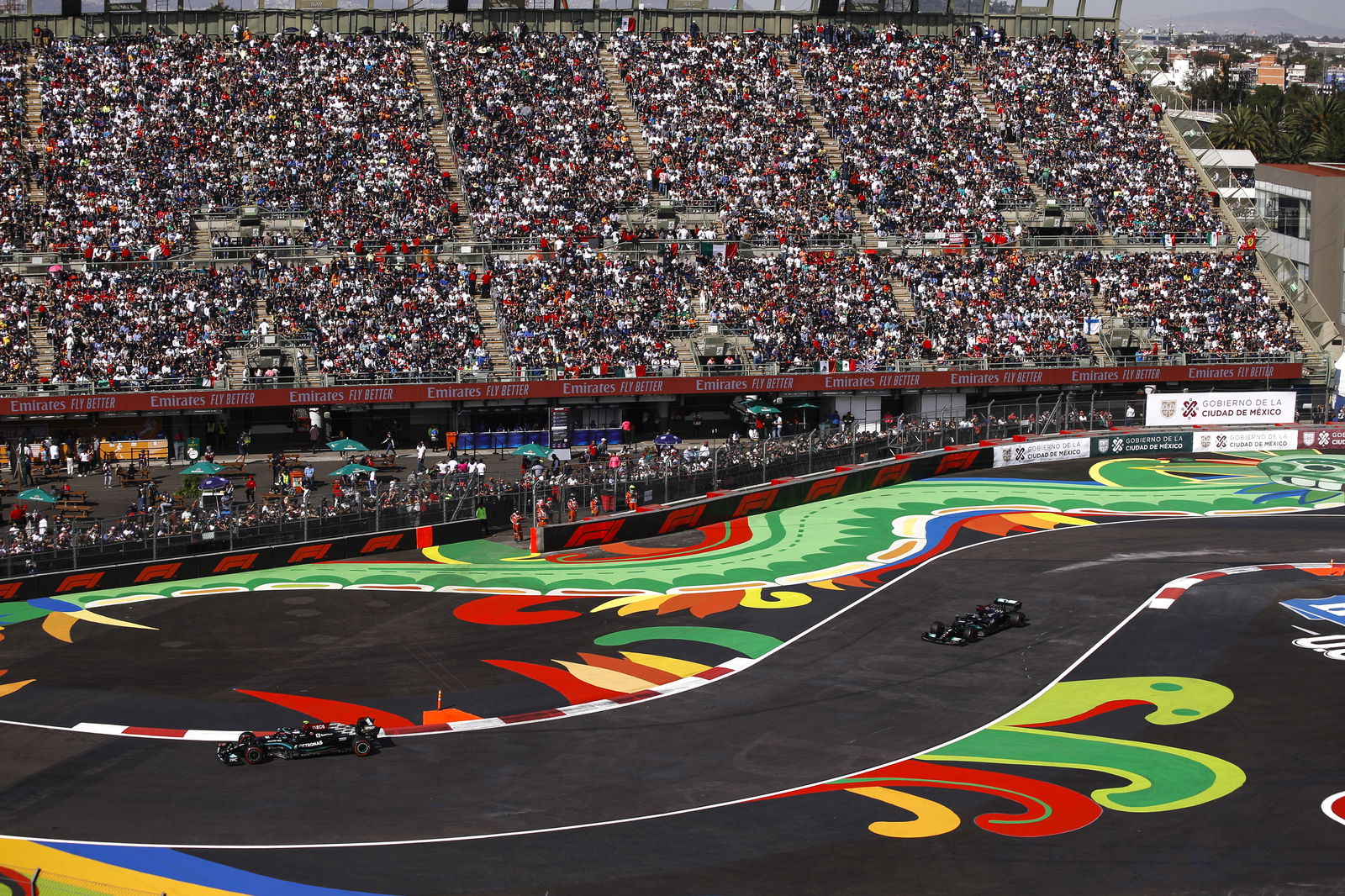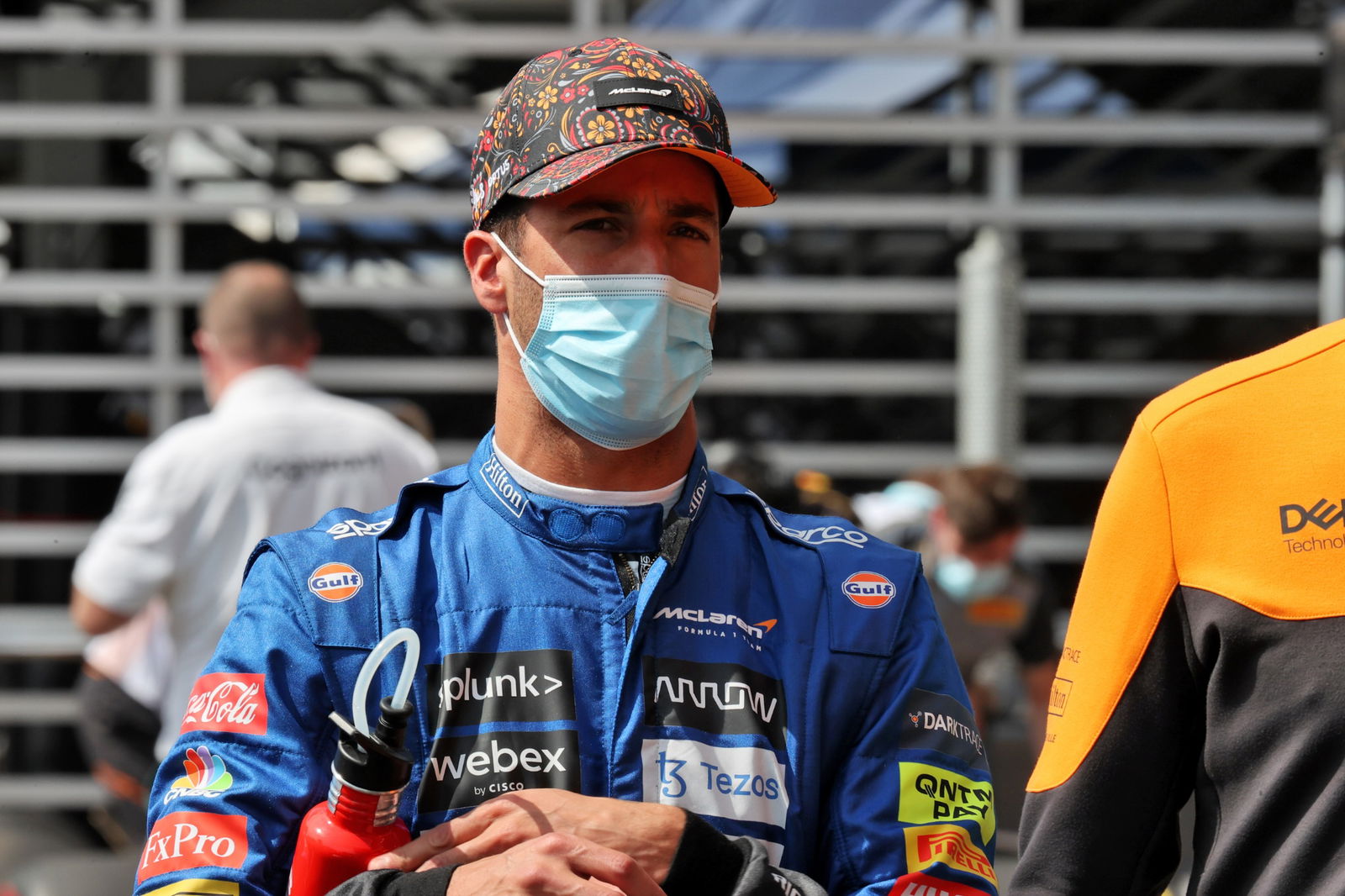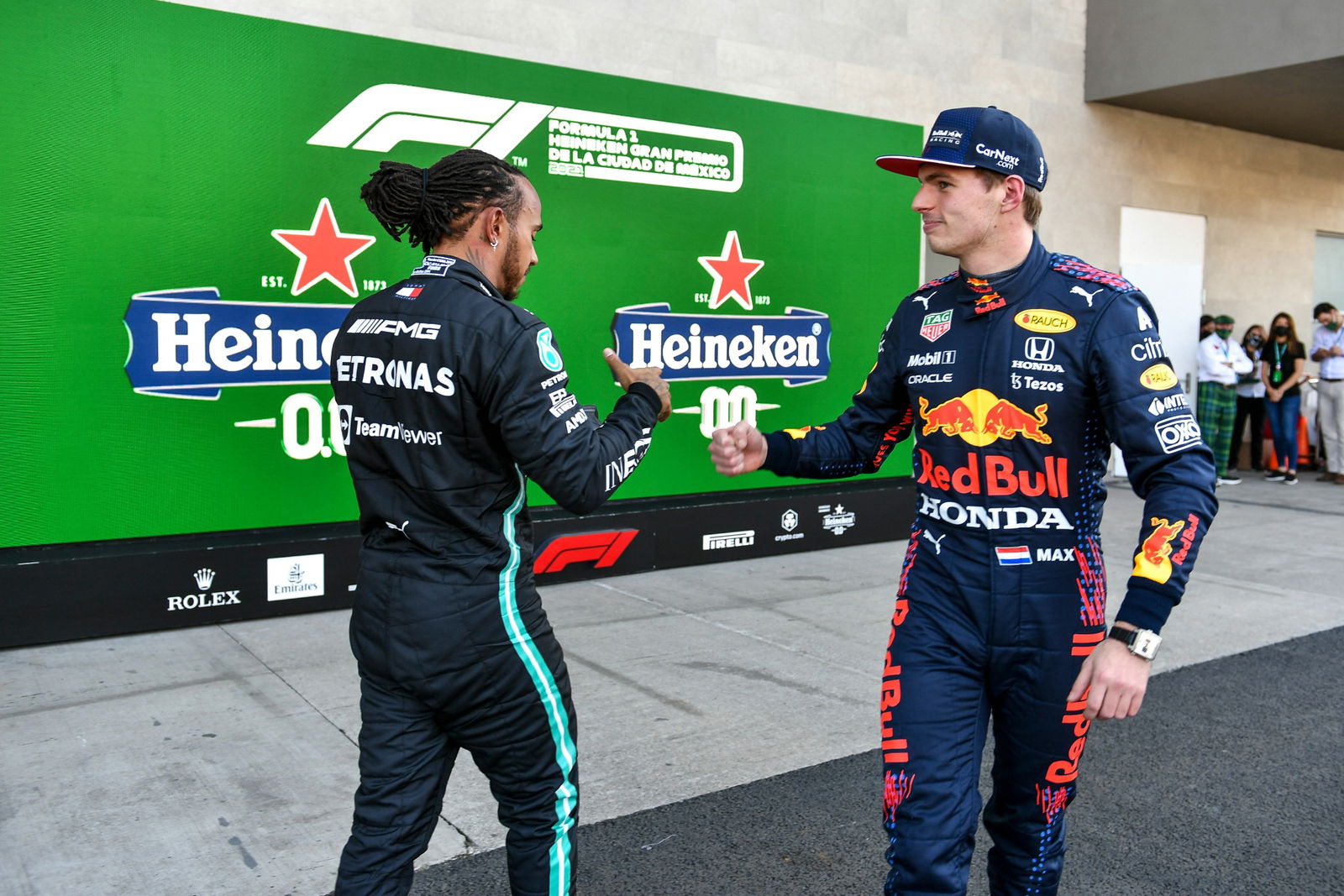Mercedes reduced altitude weakness with F1 engine tweaks

Traditionally, Mercedes has struggled compared to its rivals with its power unit performance at higher-altitude F1 circuits such as the Autodromo Hermanos Rodriguez.
With the Mexican Grand Prix track situated 2.2km above sea level, greater strain is placed on all the key components of the cars, including the engine.
At previous events in Mexico, Mercedes has seen its engine performance somewhat equalised compared to its F1 rivals, with Honda’s power unit and turbo believed to be better optimised to running in the less dense air.
But Valtteri Bottas headed a surprise 1-2 ahead of teammate Lewis Hamilton in Q3 as they upstaged the Honda-powered Red Bull duo. It was a clear indication that Mercedes’ engine is working better at high altitude than in previous years.
Mercedes team principal Toto Wolff confirmed tweaks made to its F1 power unit have helped cure some of its previous weakness.
“We have optimised it for these conditions,” Wolff explained after qualifying.
“At the end, you’re trying to extract power unit performance throughout the calendar. And the outliers are somehow difficult to account for.
“But it’s more a tuning question, it’s not that we’ve put the engine upside down.
“It’s just we better understand why it didn’t perform at high altitude.”
And the benefit of the changes have also been felt by Mercedes’ customer teams, McLaren, Aston Martin and Williams.
“It is better at dealing with the altitude than it was in 2019, I think it’s fair to say,” Williams’ head of vehicle performance Dave Robson said.
“Part of that is just the natural evolution of it over the last two years. But yeah, they have made some changes to it that make it more suitable for running here.”

Mercedes hope the improvements will bode well for Hamilton and Bottas at the upcoming Sao Paolo Grand Prix at Interlagos in Brazil, another high altitude venue where Honda powered cars secured a 1-2 in 2019.
Asked how important the changes could be considering the title run-in with Verstappen holding a 12-point advantage over Hamilton, Wolff said: “Yes, because there is not a lot of points lost that we can afford anymore.
“Obviously bouncing back like this is a big advantage, and I hope we can carry that into into Sao Paulo as well.”
Mercedes ended qualifying with a 0.350s cushion over Verstappen’s Red Bull and Wolff admitted the result came as a shock to the team which had been bracing for a potential weekend of damage limitation.
"We were all surprised,” Wolff added. “It was pretty obvious that Max would take pole, and that it would be a fight between us and Checo for the other positions, and then we could see that qualifying really came towards us.
“On the medium, we started really to outperform them, and at no point in Q3 did they have a lead on none of the laps. Also I believe that in the last lap, they were behind.
“That makes the sport for me so fascinating, that from one session to the other, performance can swing, and we’ve seen it to our detriment in Austin, and now it has happened to our advantage here in Mexico.”








